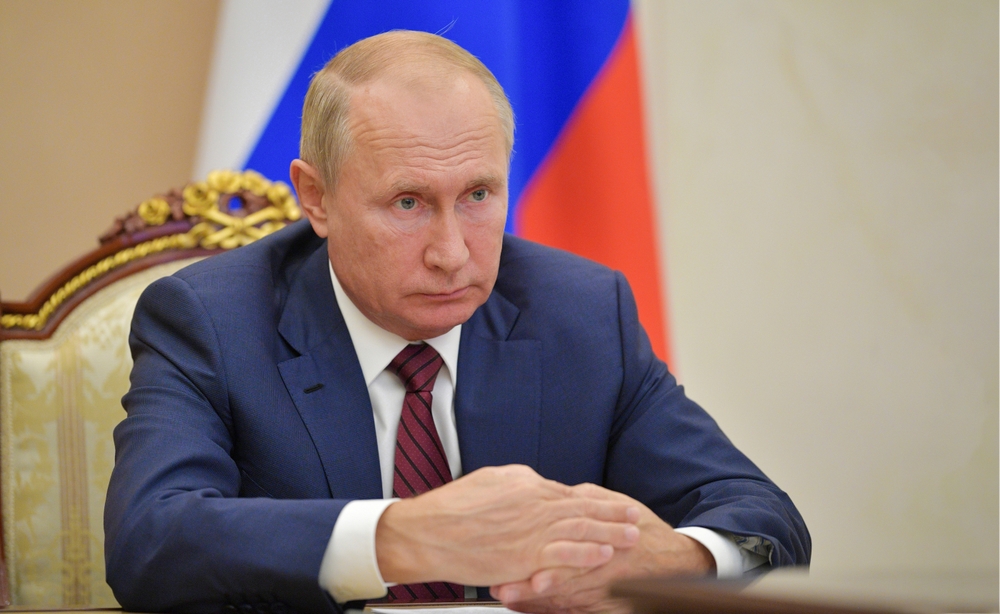Amid a wave of xenophobia triggered by a recent terror attack, President Putin voices his anxiety over nationalist exclamations, underlining the threat they pose to Russia’s multi-ethnic harmony.
Others are reading now
Russian President Vladimir Putin has publicly condemned the rise of nationalist rhetoric within the country, specifically targeting the notion that “Russia is only for Russians.”
His comments come in the wake of increased xenophobic sentiment following a terrorist attack at Crocus City Hall, an event that has stoked tensions and led to a discriminatory backlash against individuals of Tajik nationality. This is reported by TASS.
Putin’s Warning
Addressing the issue head-on, Putin remarked on the diversity of Russia’s population, which encompasses around 190 ethnic groups.
He warned against the dangers of succumbing to divisive ideologies, asserting that such attitudes threaten to dismantle the societal fabric of the nation.
Also read
“As soon as we begin to implement these destructive thoughts…we will ruin the country,” Putin said, emphasizing that the Russian people would suffer the most from such divisiveness.
A Surge in Xenophobia
The immediate aftermath of the terror incident, attributed to perpetrators of Tajik descent, has seen a palpable rise in anti-immigrant sentiment.
This has manifested most visibly in everyday interactions, with reports of taxi customers in various Russian regions refusing service from drivers of Tajik background, citing security concerns.
These developments have prompted Russian authorities to announce stricter measures to regulate the influx of migrants, a move that has already seen increased police activity and detentions at points of entry such as Moscow’s Sheremetyevo Airport.
Impact on Central Asian Nationals
The reaction has not been limited to internal measures. Following the incident and the ensuing crackdown, the Kyrgyz government has advised its citizens to avoid unnecessary travel to Russia, citing the heightened security measures and the reported mistreatment of detainees at the airport.
This advisory, along with reports of harsh treatment towards individuals from Kyrgyzstan, Ukraine, and Tajikistan, underscores the broader implications of Russia’s current security posture on its relationships with neighboring countries.


